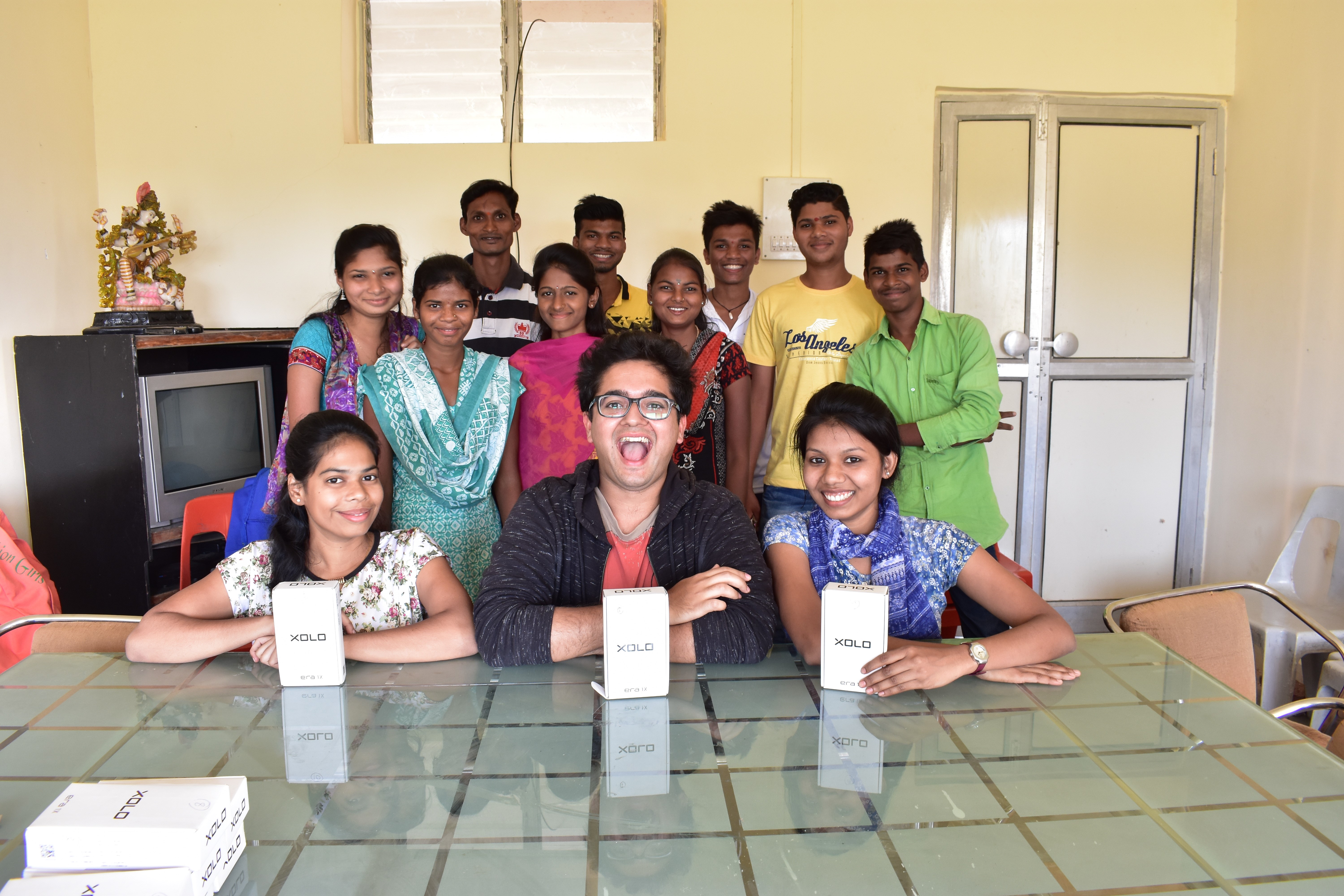Overview
Building an ethical pathway out of poverty for rural Indians by connecting them to AI-based digital work, skilling and growth opportunities.
Highlights
35m
Digital tasks completed on the Karya platform
32k
Workers are now part of the Karya network
800k
USD in payments to workers
The problem
As per the UNDP’s Multidimensional Poverty Index, 16.4 per cent of India’s population lives in poverty. This amounts to 228.9 million people, which is by far the largest number of poor people in any country. Out of these 228.9 million, nearly 90 per cent live in rural areas. Private organisations and research institutes need high-quality local language data to enhance their products and services. While crowdsourcing platforms are an effective way to build rigorous machine learning/artificial intelligence datasets, most of this work is given to students and lower-income workers in urban areas, leaving out India’s vast rural and semi-urban populations. Workers are also often exploited; offered sub-minimum wages and are overworked. Including India’s hard-to-reach populations in fairly-compensated digital work can improve communities’ economic lifeline.
The solution
Karya takes a holistic approach to livelihood generation that includes three key components: supplementary income generation, skill development, and career guidance. Through their inclusive smartphone app, participants can gain access to three key beneficiary features: Karya Earn (digital work platform), Karya Learn (skilling platform), and Karya Grow (support, guidance and career platform). The innovation brings together a lucrative digital ecosystem and India’s digitally connected low-income populations. Karya engages workers in digital tasks related to speech dataset generation and image annotation, and with their user-friendly application and work-from-anywhere model, anyone with a smartphone can be a Karya worker. The organisation’s community-based model creates worker-owned datasets and gives out recurring data royalties through the Karya Public License. Karya also ensures that workers are fairly compensated for their work, paying them 20 times more than the minimum wage.
The insight
Karya’s approach aims to create sustainable pathways out poverty for 100 million Indians by 2030. Workers on the Karya platform have completed 30 million digital tasks, resulting in over $800,000 in payment to over 32,000 individuals across 22 states in India. In the past six months, Karya workers have earned a minimum of $5 per hour of work (this assumes tasks are completed within a standard time range) - this is about 20 times the Indian minimum wage. Sixty per cent of these workers were women, and 90 per cent were from marginalised communities.
